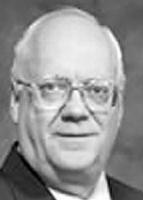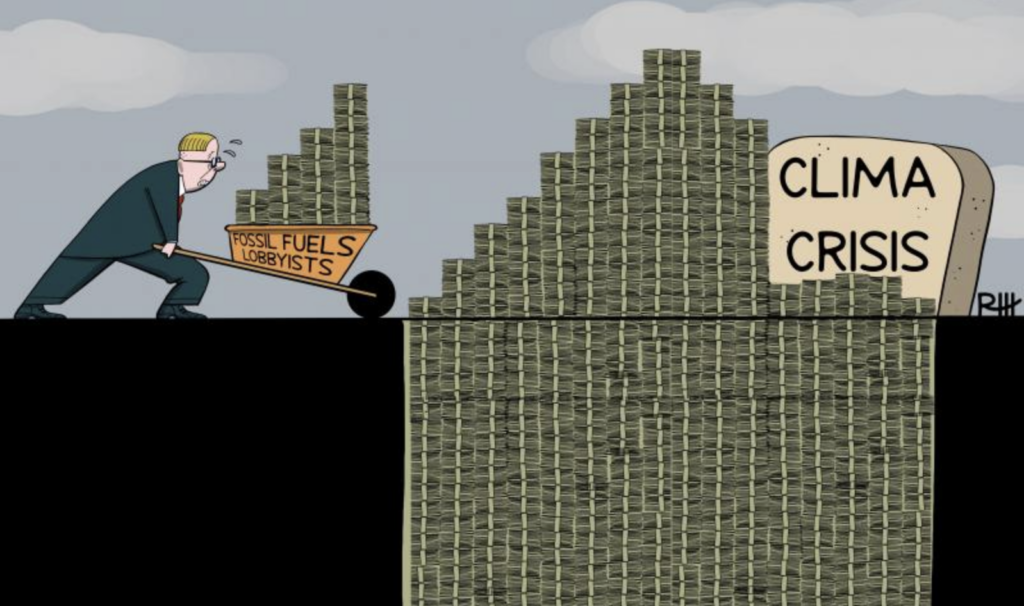In a recent column titled “Global Warming Uncertain,” David Loer, CEO of Minnkota Power Cooperative writes:
…others would like us to believe that carbon dioxide from burning coal is a major contributor to catastrophic global warming and apparently are offended when we question that premise.”
By “others,” I’m assuming Loer means prestigious scientific organizations like the US government’s National Academy of Science, the United Kingdom’s Royal Society, NASA and NOAA.
Ignoring these “others,” Loer backs up this claim using a “study” put out by an oil-industry backed think tank called the Heartland Institute. In fact, this is the very same study that we recently unravelled here on DeSmogBlog.
Sadly, Heartland’s “study” appears to be all the evidence Mr. Loer needs to counter the many years of scientific research supplying the rigorous evidence that the burning of coal and other fossil fuels is a major factor in the climate change we are now seeing.
But I would also guess it doesn’t take much convincing otherwise when your company’s main source of revenue is a 235 mega-watt coal fired electrical generation plant.
Subscribe to our newsletter
Stay up to date with DeSmog news and alerts







